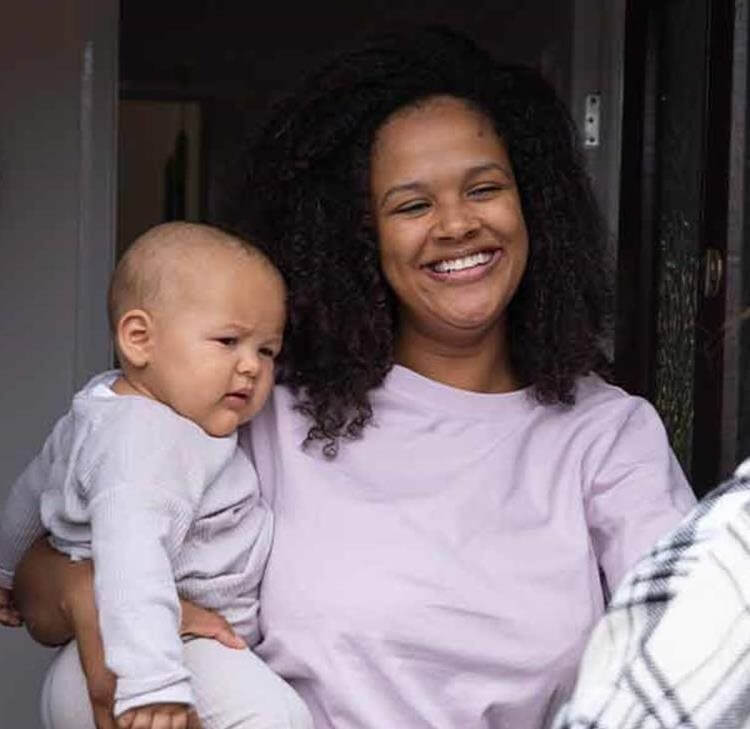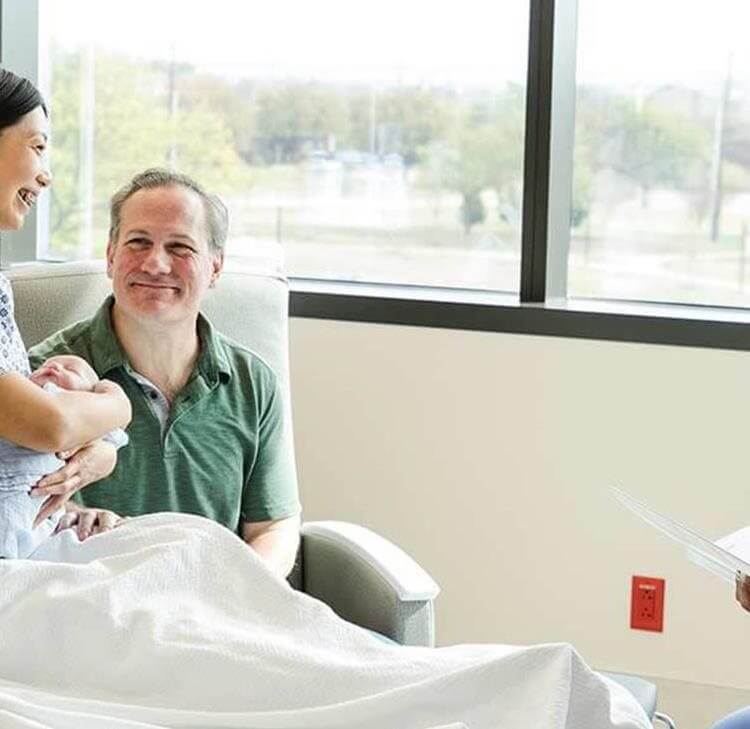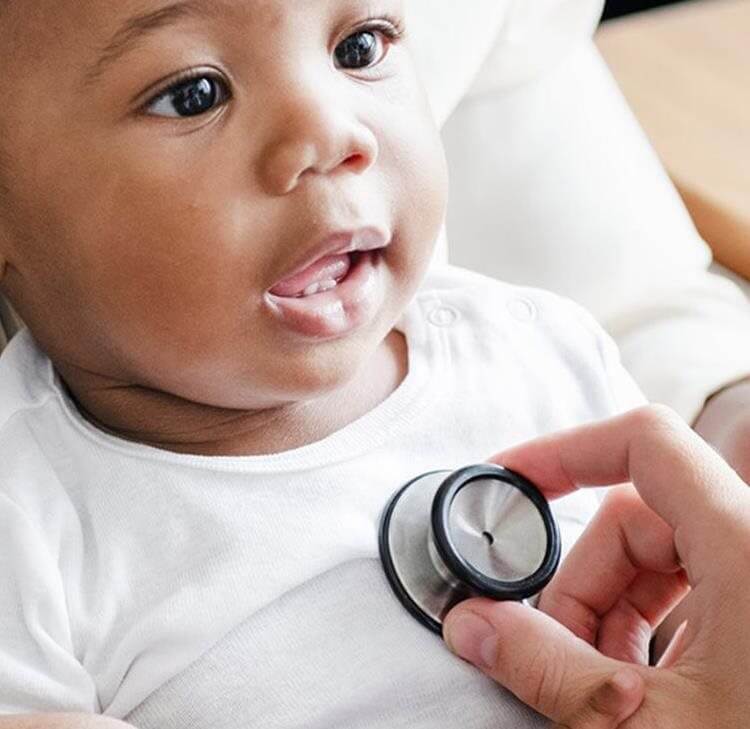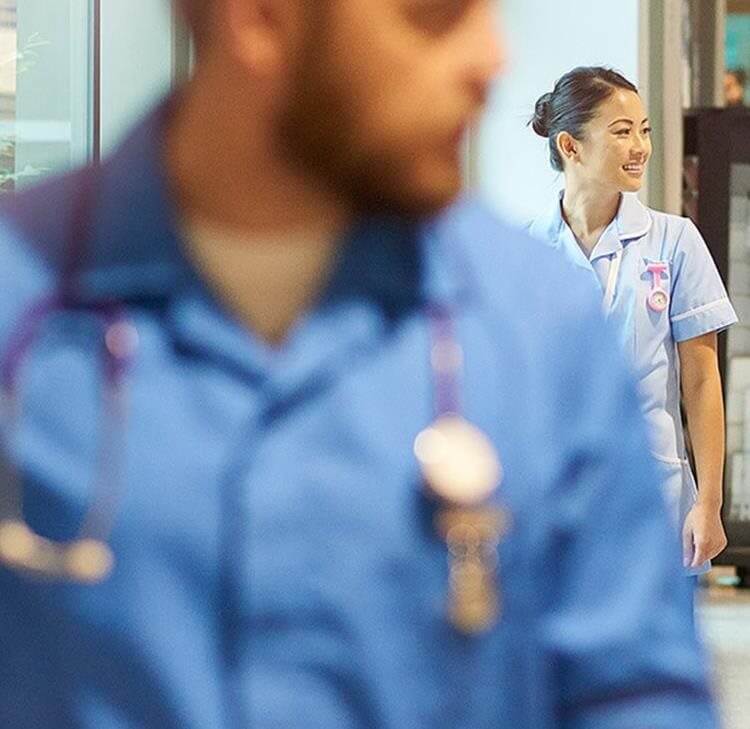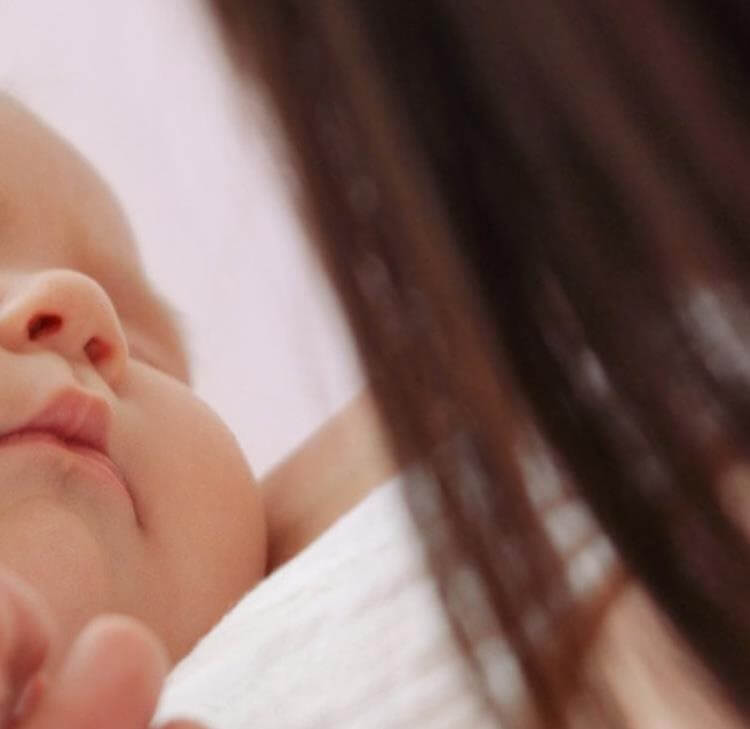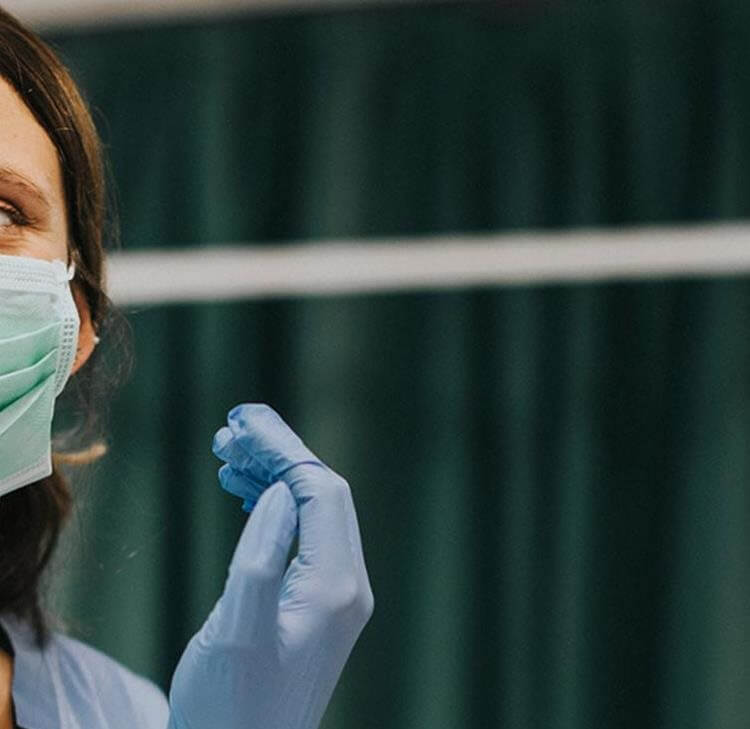Emergency services call handlers and paramedics have improved their working practices in response to findings from UWE Bristol research into out-of-hospital births.
The research found that the 3,700 babies are born in the UK each year outside of a hospital are experiencing poorer health outcomes when compared to babies born in hospital.
Guidelines recommend that every baby should have their temperature checked, as hypothermia is a serious health risk for newborns in the minutes immediately following birth.
UWE’s Dr Laura Goodwin found that during the three-year period of study investigating normal deliveries, only 2.7% of babies born out-of-hospital in the South West of England had temperature measurements recorded by paramedics and of these, 72% were hypothermic on arrival at hospital. Dr Goodwin suggests that this could be due to paramedics only taking the temperatures of babies they were concerned about.
When paramedics attend out-of-hospital births this is often without a midwife and Dr Goodwin notes that “taking of the baby’s temperature is not always prioritised or possible due to the stressful nature of an unplanned out-of-hospital birth”.
On the basis of this research, Dr Goodwin collaborated with the Lead Quality and Improvement Clinician at South Western Ambulance Service NHS Foundation Trust (SWASFT) to change paramedic practice in ways that have resulted in better measurement and management of neonatal temperature.
Changes have been implemented by the NHS Pathways and AMPDS (Advanced Medical Priority Dispatch System) triage systems in the UK and in over 50 other countries. Dr Goodwin said one of the reasons temperatures were not being taken was due to a lack of neonatal equipment carried by ambulances. To address this, SWASFT has introduced TransWarmer infant warming mattresses to all frontline vehicles, restocked their under-arm thermometers, and revised the digital patient care record system (ePCR system) to better highlight documentation of newborn observations.
Our specialist maternity team here at Browne Jacobson aims to support the NHS and NHS Resolution’s commitments to safer maternity care by identifying themes and trends within its regional areas as well as delivering training.
Browne Jacobson endorses every improvement made to NHS maternity services in the UK. We have significant experience conducting sensitive investigations to help resolve concerns and disputes fairly. If you would like further information regarding our services, please visit our Maternity Services Resources Hub.
Discover more
Related expertise
You may be interested in...
Legal Update
Transforming maternity care: National expansion of the ABC programme to protect newborns
Opinion
Maternal Mental Health Awareness 2025
Legal Update
A new chapter for families: Reflecting on the first month of the introduction of neonatal care leave
Legal Update
Celebrating midwives in England and Wales on International Day of the Midwife
Opinion
Celebrating maternity excellence
Opinion
Antenatal Screening Wales Annual Report 2022-24
Legal Update
The Generation study at UHDB: A pioneering approach to genetic healthcare
Legal Update
Improving maternity care for recent migrant women with language barriers
Legal Update
New rights to Neonatal Care Leave and Pay Act: What do employers need to know
Legal Update
Improving maternity safety: Insights from MNSI’s annual recommendation report
Legal Update
University Hospitals of Derby and Burton NHS Foundation Trust invest in telemetry to improve maternity care and patient experience in labour
Legal Update
Informed consent and caesarean birth: RCOG launches new obstetrics animation
Legal Update
MNSI annual report 2023/24: Key insights and future ambitions for maternity safety
Opinion
Enhancing care for women with ectopic pregnancies: Insights from MBRRACE-UK
Legal Update
DISCERN study published: How to improve discussions with families when things go wrong in maternity care
Opinion
Revolutionising patient care: Innovative kit for instant translation in 240 languages
Opinion
New Government plans for NHS maternity services: What can we expect?
Opinion
New online system streamlines maternity services at The University Hospitals of Derby and Burton NHS Foundation Trust
Opinion
The power of parental touch for babies undergoing painful procedures
Opinion
Newborns born outside of hospitals at higher risk of hypothermia during emergency responses
Opinion
Health Service Journal reports on growing trend of “free birthing”
Legal Update
Introduction of baby loss certificates gives recognition to millions of bereaved families in the UK
Legal Update
Chesterfield Royal Hospital ranked amongst the top Trusts nationally in the 2023 Maternity Survey
Opinion
Coronial investigations of stillbirths - summary of consultation responses
Opinion
BBC investigation finds NHS interpreting service problems contributed to baby deaths and serious brain injuries
Legal Update
The NHS Long Term Workforce Plan 2023
Legal Update
HSIB publishes 'Maternity Investigation Programme: Year in Review 2022/23'
Opinion
Racial disparities in maternity care
Opinion
University Hospital Leicester hold their inaugural Maternity Safety Conference
Opinion
Changes to redundancy protections for employees post-maternity leave
Press Release
Father Christmas comes to University Hospital Coventry and Warwickshire care of Browne Jacobson’s Birmingham Office Community Action Group
Opinion
The Patient Safety Incident Response Framework (PSIRF) and its impact on maternity services
Guide
Mediation guide for Clinicians: What do you need to know and how do you need to prepare
Opinion
Baby Loss Awareness Week
On Saturday 15 October a wave of light swept the internet when thousands of people flooded social media with pictures of candles to remember the babies that they have lost. This event signifies the end of Baby Loss Awareness Week which aims to break the silence that is associated with baby loss in pregnancy and infancy.
Opinion
The impact of COVID-19 on maternal deaths
HSIB published its report on Maternal deaths during the first wave of COVID-19. The report takes a closer look at the impact that COVID-19 had during the initial period of March to May 2020.
Legal Update
The Ockenden Final Report – a blueprint for safe maternity care from ward to Board
The much anticipated final Ockenden report was published on 30 March 2020. The final report sets out the findings of the review into care provided to 1,486 families, and sets out a blueprint for safe maternity care.
On-Demand
Maternity mock inquest - film 1
Consent is often a key issue in obstetric claims and if it is relevant to the facts of the death, its likely to be an area explored by a coroner.
On-Demand
Maternity mock inquest - film 2
This video illustrates some of the issues that can arise when a witness is poorly prepared.
On-Demand
Maternity mock inquest - film 3
This film highlights the importance of creating an open and transparent culture where staff feel able to speak up will help Trusts to identify problematic practise before significant issues arise.
Legal Update
Checklist when preparing for remote participation in an inquest hearing
Lockdown restrictions in March 2020 led to many inquest hearings being postponed. As restrictions eased, Coroners came under increasing pressure to reduce the number of delayed inquest hearings. In June 2020, the Chief Coroner issued Guidance No. 38 to facilitate remote participation in coroner’s inquests.




